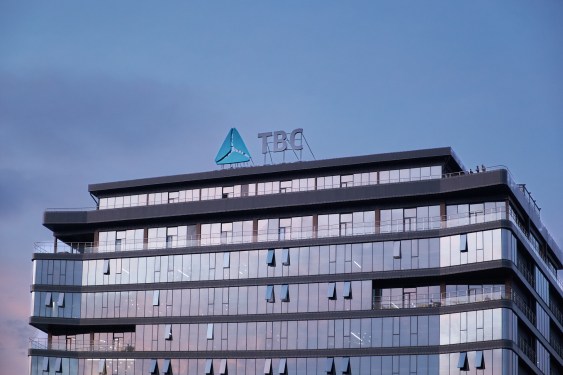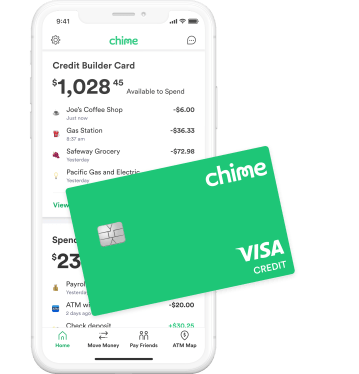Some believe Klarna’s planned IPO in 2025 could set the stage for other fintech startups to go public. But with the tech IPO market still sluggish, one of the candidates hotly tipped to follow suit has instead just announced a fundraise, and its CEO says going public is “not a priority.”
Zopa, the U.K. neobank that provides loans, credit cards and savings accounts to some 1.3 million customers, has raised €82 million ($86.8 million based on current exchange rates) in equity funding. The company is not disclosing an exact valuation, but from what we understand it is an upround and values Zopa at well over $1 billion.
For some context, that figure is an increase on Zopa’s last big valuation reveal, when it raised $300 million in 2021. The company is profitable and has been growing its customer base at a rate of around 35% annually. Zopa expects to end the year with 1.4 million customers, £5 billion in deposits, and its profit doubling compared to the year before to £32 million (around $40 million) and revenues to “north of” £300 million ($383 million).
The lead investor in this round is an interesting one: it’s A.P. Moller Holding, a giant in Danish business that owns not just the shipping behemoth Maersk but also Danske Bank, among other assets. Other investors are not being disclosed except to note they are existing backers. Zopa’s previous investors include SoftBank, which led that $300 million round in 2021; as well as Silverstripe, Northzone, and Uprising. (Some of the details of this investment were leaked earlier in the week, although the amount and investors were not accurate.)
But while Zopa’s numbers look strong, especially for the current market where later-stage startups continue to struggle to raise growth rounds — let alone grow — they also speak to how the company has had to take a longer time to get to where it has wanted to go.
In 2021, when Zopa announced a $300 million fundraise that first catapulted it to a $1 billion valuation, CEO Jaidev Janardana described it to TechCrunch as a “pre-IPO round” ahead of an offering at the end of 2022. It also said it expected to be profitable by the end of 2021.
Not only did that IPO never materialize, but it’s largely off the table for the foreseeable. “We will wait for the markets to revive and be more positive,” Janardana said in an interview on Thursday, noting that it has plenty of cash in the bank and just £75 million in debt payable years from now. Meanwhile, Zopa reached its profit milestone — a full year of profit — only in April 2024.
A recent, recurring theme in fintech has been high valuations attached to very fast-growing startups that have subsequently struggled to live up to lofty projections, but Zopa is not your typical fintech startup.
The company has actually been around since 2005, when it started out as a pioneer in the peer-to-peer lending space competing against startups like Prosper, providing a platform to match up investors with borrowers at rates more competitive than traditional banks and returns that were more attractive than other investment opportunities.
By 2020, it started to move out of that business — which had become more tricky over the years due to regulation, reduced returns and a lot of high profile players exiting the space after Covid-19 killed the model. Zopa picked up a banking license that year and started a pivot into savings and non-P2P loan products. (By the end of 2021, Zopa’s P2P lending was shut down completely.)
But bucking the “hypergrowth” mantra of so many fintech companies, in the years since, rather than using that pivot to spin up a lot of new services, it’s largely doubled down on those first products.
Crypto is nowhere in its roadmap for now, for example. “As of now, we still remain arm’s length,” Janardana said in reference to decentralized currencies. “Ultimately, we have a responsibility that we give our customers products that we think are suitable for them, and that they understand. I don’t feel that as of today, that the average of a customer, at least in our mind, passes that bar.”
Nor has it felt the need yet to expand outside the U.K. “The U.K. has a lot of road to run, so we remain focused there,” he said. “International continues to be longer term and opportunistic.”
Plans for 2025 do include Zopa launching its first current account products — checking accounts as they are typically called in the U.S. — and bringing more AI into the company, he said.
Janardana said that Zopa is already using AI, for example developers are leaning on it to help write code. AI will expand to the front office next year, he said. He company is building a generative AI platform to help customers manage their money, and to help them buy more Zopa products in a more personalized way. “We are really looking forward to how our interactions with customers can move beyond the mobile app into something bit more warm, personal, and ‘human,’” he said of the GenAI plans.
Putting GenAI to work in fintech is a holy grail in the space, and some efforts are extremely ambitious. One Zero out of Israel, one of the many startups being founded by Mobileye’s Amnon Shashua, is aiming to build the GenAI equivalent of a private banking specialist — typically the kind of service reserved for high net-worth individuals. Its plans will be eventually to turn that into a service it sells to other banks, and likely others will, too, so Zopa may have options beyond what it choose to build itself.
Building itself has been the other USP for Zopa up to now. Unlike other neobanks that essentially pull together fintech-as-a-service APIs to power their products, Zopa has built its platform itself from the ground up, and that’s allowed it to gradually become the fintech supplier itself, powering financial services for other companies. These have included partnerships with electricity supplier Octopus Energy, and with the retailer John Lewis to offer personal loans directly to its 23 million customers.
Updated with an adjusted amount raised (Zopa disclosed that the funding was €82 million, not €80 million.)




